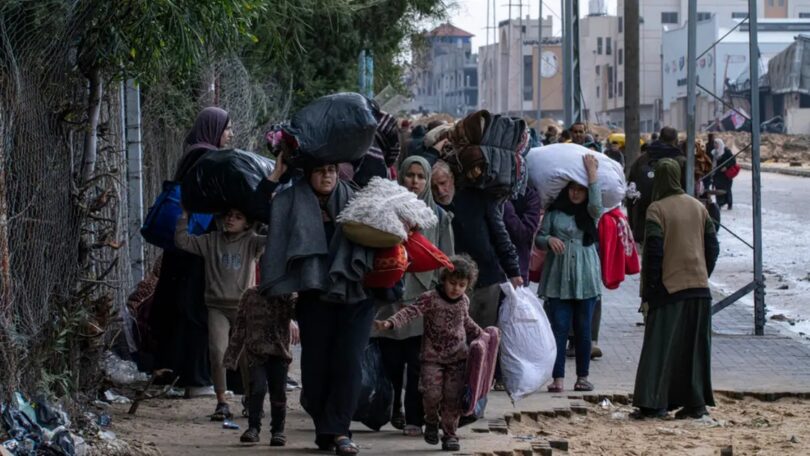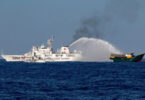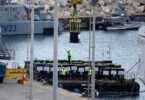GAZA (Reuters): At least 26,900 Palestinians have been killed and 65,949 injured in Israeli strikes on Gaza since Oct. 7, the health ministry in Gaza said in a statement on Wednesday.
It said 150 Palestinians had been killed and 313 injured in Israeli strikes in the previous 24 hours.
The head of the World Health Organization (WHO) on Wednesday warned that halting funding to the UN Palestinian refugee agency would entail “catastrophic consequences” for people in war-torn Gaza.
“No other entity has the capacity to deliver the scale and breadth of assistance that 2.2 million people in Gaza urgently need,” Tedros Adhanom Ghebreyesus told a press conference.
“We appeal for these announcements to be reconsidered,” he added, referring to decisions by several countries to pause funding for the UN agency following accusations that some agency staff took part in the Oct. 7 attack by Hamas militants.
Israel’s bombardment and land offensive launched in the wake of that attack has displaced most of Gaza’s population, left many homes and civilian infrastructure in ruins, and caused acute shortages of food, water and medicine.
Most hospitals in Gaza have already ceased functioning due to bombardments and shortages of fuel and supplies. The Nasser Hospital in Khan Younis in central Gaza is only minimally functional and finds itself surrounded by Israeli military, the United Nations has said.
“Decisions by various countries to pause funds for UNRWA, the largest supplier of humanitarian aid in this crisis, will have catastrophic consequences for the people of Gaza,” Tedros said.
Tedros said WHO faced “extreme challenges” in delivering medical supplies in the enclave. It did manage, however, to deliver to supplies to the Nasser hospital on Monday, but mission to deliver fuel and food were denied.
“WHO has faced great difficulty even to reach hospitals in southern Gaza,” he said. “Heavy fighting has been reported near hospitals in Khan Younis, severely impeding access to health facilities for patients, health workers, and supplies.”
Tedros said WHO workers on the ground were reporting increasing food shortages among patients and health workers in the enclave.
“The risk of famine is high and increasing each day, with persistent hostilities and restricted humanitarian access,” he said. “Every person our teams talk to asks for food and water.”







